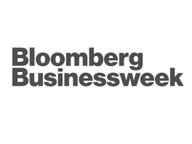Research Center Events
—
Sixty Years Since Baumol-Tobin: A Celebration
—

On September 28th-29th 2012, the NYU C.V. Starr Center for Applied Economics will host a conference to celebrate the 60th anniversary of the publication of Professor William Baumol’s seminal paper “The transactions demand for cash: an inventory theoretic approach."
Research Center Events
—

On September 28th-29th 2012, the NYU C.V. Starr Center for Applied Economics will host a conference to celebrate the 60th anniversary of the publication of Professor William Baumol’s seminal paper “The transactions demand for cash: an inventory theoretic approach."


















